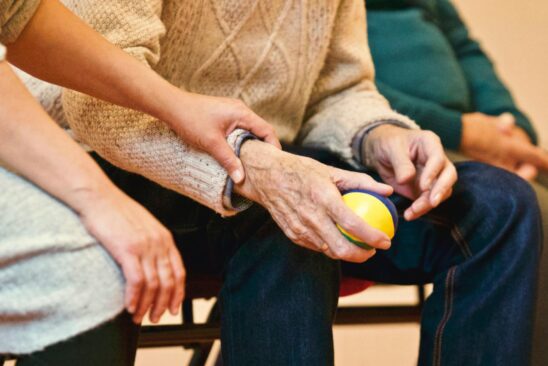The challenge
Getting It Right First Time (GIRFT) is a clinically led, analytically-driven national programme designed to improve the quality and efficiency of care delivery within the NHS by reducing “unwarranted variations”.
Led by prominent clinicians, representing over forty surgical and medical specialties, the programme helps trusts to understand the nature and scale of their variation and how best practice can be applied to local and regional situations for them to improve care and patient outcomes.
The approach
We have been working with our Sonder partners (NA Wilson Associates and Edge Health) to deliver the GIRFT programme since early in 2018. This has included providing much of the analysis required by the programme to produce the Trust-level datapacks and workstream National Report recommendations, upon which local implementation plans (e.g. for identifying improvements in patient care and the delivery of financial benefits) and national policy changes (e.g. for restructuring how care is delivered in different settings) are based.
PPL’s contribution to GIRFT has been in two main areas:
- Analytical support for the full duration of the rheumatology and outpatients workstreams
- Investigation, analysis and data visualisations of new and existing NHS data sources
- Liaising with registries and national bodies to incorporate and combine new data sources and additional information
- Incorporating responses from a comprehensive questionnaire into the workstream datapacks
- Providing analytical insight and guidance to support the national report clinical recommendations.
- Leading the documentation of metric descriptions (metadata) using ICD-10 and OPCS codes
- Developing and testing a standard agreed format, so that metric calculations can be replicated by individual Trusts and shared across different NHS departments and programmes.
- Agreeing and producing a core set of workstream metrics to be displayed within the Model Hospital tool, to enable trusts to benchmark their performance in those metrics and track changes over time.




